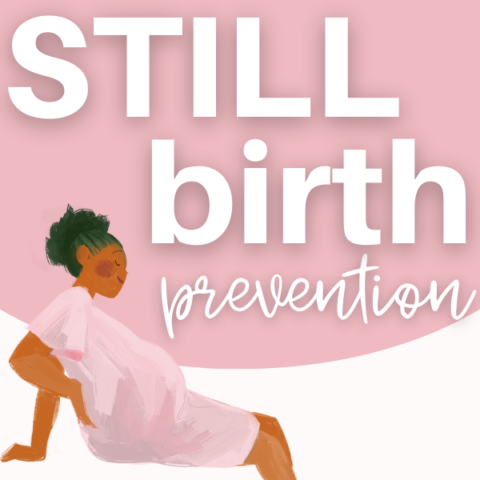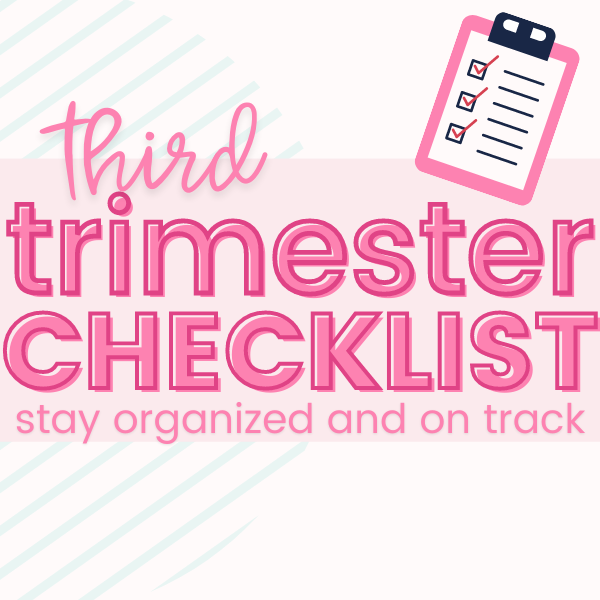
Baby’s growth and size
Your little one might not be feeling so little to you. Measuring between 14 and 15 inches in length, baby is right around 14.8 inches and somewhere between 2.2 and 2.6 pounds.
Pick up a quart of milk, that’s about how much your baby weighs right now!
What’s new developmentally?
Over the course of your third trimester, your baby’s brain will triple in weight. While the brain is still developing, baby’s central nervous system is developed enough to allow baby to begin to control their own body temperature.
As far as everything else goes, your baby is just continuing to grow and develop the organs and systems that are already in place. With each passing week, baby’s chance for survival outside of the womb goes up which is pretty incredible.
With specialized care, a baby born at 28 weeks has a 94% chance of survival!
Fun facts about your week 28 baby
- Baby can now experience REM sleep
- The amount of brain tissue begins to increase this week
- Baby’s head hair is getting longer
28 week pregnancy appointment
You will likely have your gestational diabetes screening test this week. I won’t go into too much detail because I have included some thorough resources for you below, but the gestational diabetes test is a screening test to track how your body handles a high dose of sugar. If you don’t pass the initial screening test, the 1-hour test, you will go on to have a 3-hour test. The 3-hour test give a much more accurate representation of how your body metabolizes sugar, and if you fail this test, you will officially be diagnosed with gestational diabetes. There are certain circumstances that put someone at increased risk for having gestational diabetes. If you fall into this category, your provider will probably want you screened earlier in pregnancy.
28 week pregnancy ultrasound
While it’s not common to have an ultrasound done at 28 weeks, there are a few reasons why your provider might schedule one. If you are experiencing any kind of complications or any conditions that make your pregnancy “high risk”, you might have an ultrasound this week.
28 weeks pregnant baby movement
Up until this point your baby’s movements might have been sort of sporadic and inconsistent, especially if you have an anterior placenta. You will probably hear your provider mention kick counts to you this week.
Kick counting is a free and effective way for mama’s to track the wellbeing of baby while in the womb, pick up on potential problems, and prevent stillbirth. I have included resources on kick counting below so be sure you check them out as there is a lot of evolving info on best practices related to kick counting and monitoring fetal movement.
If at any point during pregnancy your baby’s movements feel different, off, or decreased, call your provider, or get evaluated immediately! Your baby should not move less the bigger they get.
If you aren’t being heard or taken seriously, put your foot down, advocate, don’t take no for an answer. You should never feel bad, ashamed, or as if you are wasting anyone’s time if you are concerned about your baby’s movements. If your provider ever makes you feel this way, I recommend you find a new one ASAP.

.png?width=1500&height=300&name=logo%201500x300%20(1).png)


